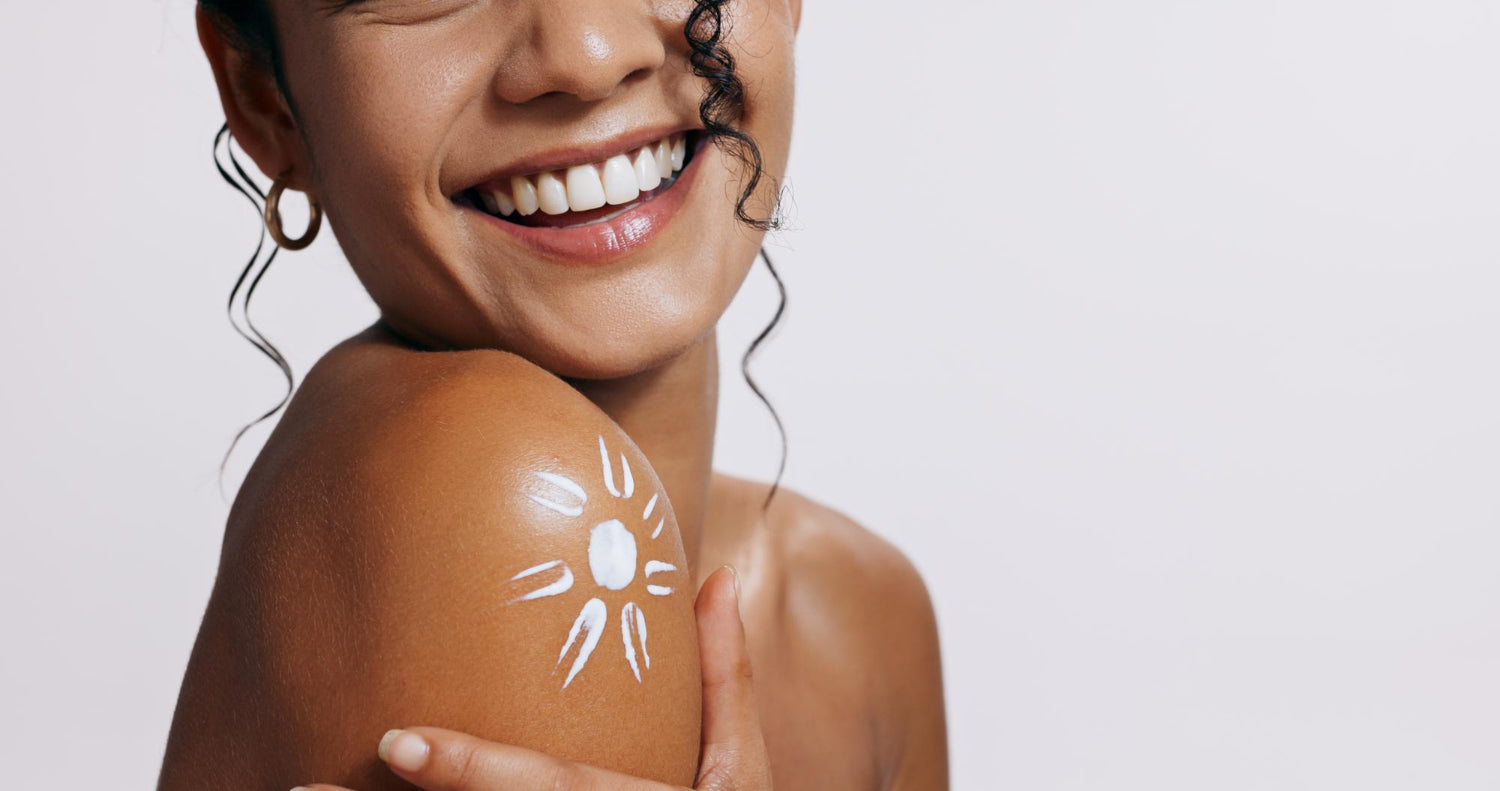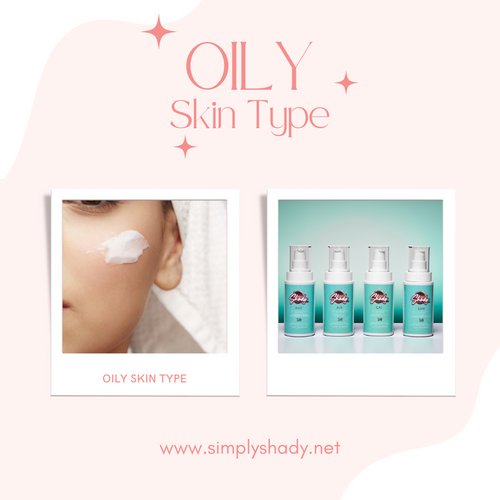
What is SPF? How Long Does SPF 50 Last?
Have you ever wondered what SPF really means? Or how long does your sunscreen actually protect you? Many people use sunscreen but don’t know how it works or how often they should reapply it.
Sun protection is not just for beach days—it’s something your skin needs every single day. Whether you’re walking outside, driving, or even sitting near a sunny window, your skin is exposed to UV rays that can cause damage over time.
What Does SPF Mean?
SPF stands for Sun Protection Factor. It measures how well a sunscreen protects your skin from UVB rays, the type of sunlight that causes sunburn.
For example, SPF 30 means it would take 30 times longer for your skin to burn than if you weren’t wearing any sunscreen. SPF 50 gives even more protection—it helps block about 98% of UVB rays when used correctly.
However, no sunscreen can block 100% of UV rays. That’s why it’s important to apply sunscreen the right way and reapply it as needed.
How Does SPF Protect Your Skin?
Your skin absorbs sunlight every time you go outside. UV rays can cause short-term damage, like sunburn, and long-term damage, like wrinkles, dark spots, and even skin cancer.
Sunscreen works by forming a barrier on your skin. It either absorbs the UV rays before they can harm your skin (chemical sunscreens) or reflects them away (mineral sunscreens).
According to the Skin Cancer Foundation, using SPF 15 daily can reduce your risk of developing certain types of skin cancer by about 40% to 50%. Higher SPFs, like SPF 50, give you even more protection—especially when you’re outdoors for a long time.
How Long Does SPF 50 Last on Your Skin?
Many people think that once you apply sunscreen in the morning, you’re covered for the whole day. Sadly, that’s not true.
SPF 50 typically lasts about two hours after application. This time can be shorter if you sweat, swim, or wipe your face often.
Even though SPF 50 offers strong protection, you must reapply every two hours to stay protected. If you’re swimming or sweating, reapply every 40 to 80 minutes, depending on the product label.
How to Apply Sunscreen the Right Way
Even the best SPF won’t work if it’s not applied properly. Follow these simple tips:
-
Use enough product: Apply about one ounce (a shot glass full) for your whole body.
-
Apply before going outside: Put it on at least 15–20 minutes before sun exposure.
-
Don’t forget key areas: Ears, neck, back of hands, and tops of feet are often missed.
-
Reapply regularly: Every two hours, or sooner if you’re sweating or swimming.
-
Use daily: Sunscreen isn’t just for summer—UV rays are present all year round.
If you wear makeup, try a tinted mineral sunscreen. It’s great for daily wear, easy to reapply, and gives your skin a natural glow.
SPF 50 vs. Lower SPFs: Is Higher Always Better?
You might wonder if SPF 100 is twice as good as SPF 50. The truth is, the difference is small.
-
SPF 30 blocks about 97% of UVB rays.
-
SPF 50 blocks about 98%.
-
SPF 100 blocks about 99%.
So, while SPF 100 sounds great, it doesn’t double your protection. What matters most is how well and how often you apply your sunscreen.
SPF 50 is a great balance—it offers strong protection without feeling too heavy or greasy.
Do You Need Sunscreen Indoors?
Yes, you do! Many people skip sunscreen when they stay indoors, but that’s a mistake.
UV rays can pass through windows, meaning your skin can still get damaged even if you’re inside. Blue light from screens can also affect your skin tone and cause early aging.
Dermatologists recommend wearing sunscreen every day, even at home. Choose a lightweight, mineral-based sunscreen that won’t clog your pores or feel sticky on your skin.
Common Sunscreen Mistakes to Avoid
Here are a few common sunscreen habits that can reduce your protection:
-
Using too little: Always use enough to cover all exposed skin.
-
Skipping cloudy days: Up to 80% of UV rays can pass through clouds.
-
Forgetting reapplication: Protection fades after a few hours.
-
Using expired sunscreen: Check the date—it may not work well anymore.
-
Ignoring your lips: Use SPF lip balm to prevent chapping and sunburn.
Avoid these mistakes, and you’ll keep your skin safe and glowing year-round.
The Benefits of Using Mineral-Based Sunscreens
Mineral sunscreens use natural minerals like zinc and titanium to keep your skin safe from the sun.
They’re gentle, effective, and great for sensitive or acne-prone skin. Unlike chemical sunscreens, they sit on top of your skin and reflect sunlight, rather than absorbing it.
Mineral sunscreens are also better for the environment. Many are reef-safe and don’t contain harmful ingredients like oxybenzone or octinoxate.
If you want a sunscreen that gives both protection and skin-perfecting benefits, choose a tinted mineral formula. It gives a smooth finish, evens your skin tone, and saves you time in your morning routine.
Conclusion
Your skin deserves care every day—not just during summer. Knowing how long SPF 50 lasts helps you stay protected and confident wherever you go.
For an easy, daily solution, discover Simply Shady, your 2-in-1 beauty essential for glowing and protected skin.
Our mineral-based tinted sunscreen protects and corrects all skin types and tones. It keeps your skin soft, even, and healthy every day. It’s gentle for sensitive and acne-prone skin. It evens your skin tone and protects it from harmful UV rays.
Upgrade your skincare with Simply Shady, a sunscreen made to care for your unique skin. Your melanin deserves the best. Shop Simply Shady today and glow with confidence!



